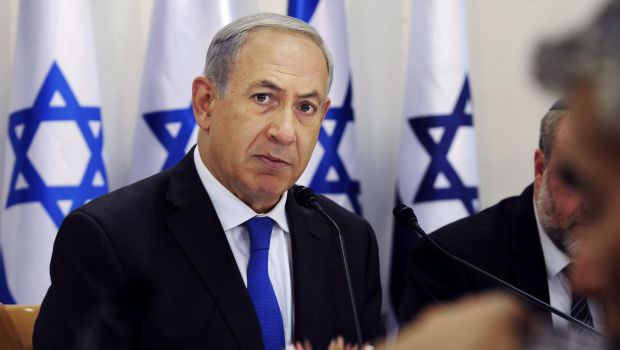The division of the Palestinian arena following a coup by Hamas in the Gaza Strip on July 14, 2007 led to seven lean years that dealt the Palestinian cause a lethal blow. The division has led to severe damage, reflected in the weakening of the Palestinian position in the face of Israeli occupation, creating a situation from which Israel benefits first and foremost. The only losers are the Palestinian people, because their suffering has increased.
Despite the strenuous efforts Egypt has made since day one of the split between Hamas and Fatah, the two sides have never been able to reconcile because of Hamas’ intransigence and procrastination. When a reconciliation agreement signed by Fatah was reached through Egyptian mediation in 2009, Hamas refused to sign it. The agreement stagnated until May 5, 2011, when Hamas and other Palestinian factions signed up to what was called the Cairo Agreement. Then, in February 2012, the Doha Declaration complemented the Cairo Agreement. Despite this, neither agreement was able to push the reconciliation process even a single step forward due to obfuscation by Hamas, in what amounted to an evasion of the agreed-upon commitments.
The new Gaza Agreement stipulates operational mechanisms to implement the Cairo Agreement and the Doha Declaration. Such mechanisms include the formation of a government of national consensus, headed by President Mahmoud Abbas, within a five-week timeframe. Specialists and technocrats are to prepare for legislative, presidential and National Council elections. President Abbas set the date of simultaneous elections for all three bodies for at least six months in the future, after the formation of the government in consultation with the Palestinian factions. This latest agreement also includes creating a Special Committee of the Palestine Liberation Organization, as well as a Freedoms and Community Reconciliation Committee.
It is natural that Palestinian society and the Arab world should welcome this latest agreement and abide by it. Its implementation would end the seven lean years, and restore the lost unity of the Palestinian people. It would enable the Palestinians to better confront the Zionist occupation, restore the Palestinian cause to its rightful status on the world stage, and strengthen Palestine’s position at the negotiating table. It would also ease the suffering endured by the Palestinian people as a result of their divisions, and renew their executive and legislative frameworks.
What is surprising about the responses to the reconciliation agreement is that the Israeli government decided to halt negotiations with the Palestinian side—even though everyone knew they were already over. It is hinting at new penalties imposed on the Palestinian people—as if there were a more severe penalty than that of occupation. Also surprising is Israeli Prime Minister Benjamin Netanyahu’s declaration that President Abbas has to choose between peace with Israel and reconciliation with Hamas. Israel forgets that the two issues are unrelated. The prime minister of Israel has ignored the fact that Palestinian reconciliation is a Palestinian affair, not an Israeli one or anyone else’s.
But when the prime minister of Israel has no desire for peace or intent to work towards it, and instead puts obstacles in front of every attempt to reach a compromise, it confirms the Arab and global public view that Israel is still refusing a just and comprehensive peace. Here we ask Netanyahu why he didn’t release the fourth batch of Palestinian prisoners; why didn’t he, under American supervision, do what he had already agreed to do? His actions led to the failure of these negotiations, while the Palestinian side presented all that was required of it to achieve the desired peace.
How long will Israel delay? How long will it occupy the territory of the Palestinian state as the international community stands idly by?
Israel is pushing the entire region to the brink by pursuing its aggressive policies of continued settlement and wall-building, the Judaization of Jerusalem, the desecration of holy sites—especially the Al-Aqsa Mosque—and the siege of the Gaza Strip by land and sea—not to mention the unrelenting raids, arrests, murder and aggression.
Israel must comply with international resolutions and international law and withdraw from the territory of the State of Palestine—now an observer member of the United Nations—instead of looking for flimsy and futile excuses. It knows it isn’t fooling anyone anymore.
The counterpoint to this article can be read here.
